Scientists are worried that this leak at the bottom of the sea could spell disaster
Scientists have discovered a mysterious leak in the ocean. But this leak isn’t seeping water from the sea into the Earth’s lower crust. Instead, it’s …
Scientists have discovered a mysterious leak in the ocean. But this leak isn’t seeping water from the sea into the Earth’s lower crust. Instead, it’s …

Geophysicists have detected large structures hiding near the boundary between Earth’s mantle and core. These structures, which are areas of surprisingly dense rock, were mapped …
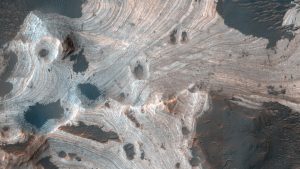
NASA shows off an area of Mars where the wind has swept away the surface dust and sand to reveal the intricate layers of rock …
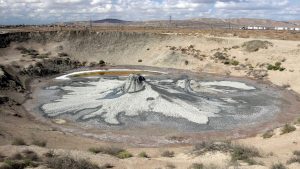
Volcano-like features on Mars may actually be the result of mud flows rather than lava, researchers now say. Using simulated Mars conditions, researchers were able …

Coronavirus lockdown measures have forced daily life to change, and that means humans are making less noise on Earth. With less traffic and other human …

A day on Earth was just 23.5 hours long, 70 million years ago. Researchers discovered this by studying the growth rings of ancient mollusk fossils. …

If you had a time machine that allowed you to cruise far into Earth’s incredible history, you’d probably want to avoid a window of time …
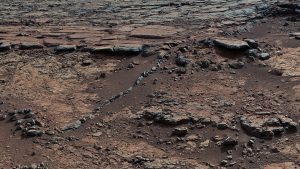
Humans have never set foot on Mars, but that’s not stopping scientists from doing their best to understand what it might be like when that …
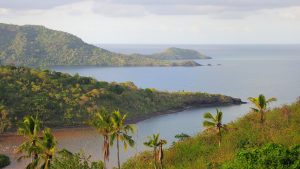
Months ago, a bizarre hum rippled through the waters far off the coast of Africa, traveling around the world and drawing the attention of scientists …
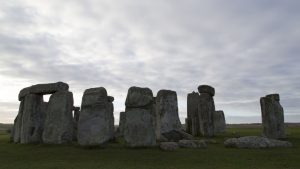
Stonehenge is one of the most incredible monuments on Earth, but it’s also one of the most puzzling. The colossal rocks, perched on their end …

Finding a diamond on the ground would make anyone’s day. Depending on its quality, you might be able to sell it for a nice little …

It sounds a bit weird to say, considering we’ve all lived our entire lives on this planet, but scientists still only have a pretty basic …

We all learned back in geography class that what we see as present-day continents were once a big mashup of land that broke off into …
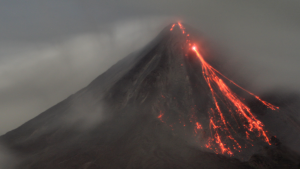
If you’re looking for a volcano there’s a number of places you’d probably check first, like Hawaii or even Yellowstone National Park, but new data …